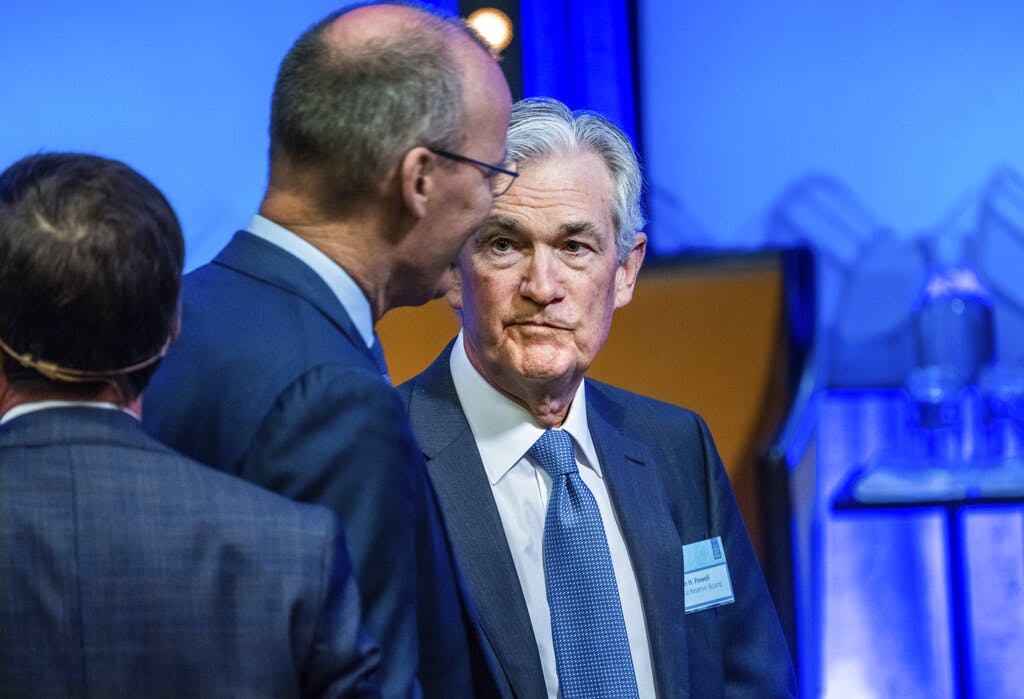
The 82nd Whitney Biennial Masters the Art of Ideological Grandstanding
By MARIO NAVES
|Climate activists have pushed central banks, including the Fed, to use their supervisory powers over commercial banks to push for greater consideration of environmental risks in lending.

Already have a subscription? Sign in to continue reading

By MARIO NAVES
|
By LUKE FUNK
|
By THE NEW YORK SUN
|$0.01/day for 60 days
Cancel anytime
By continuing you agree to our Privacy Policy and Terms of Service.